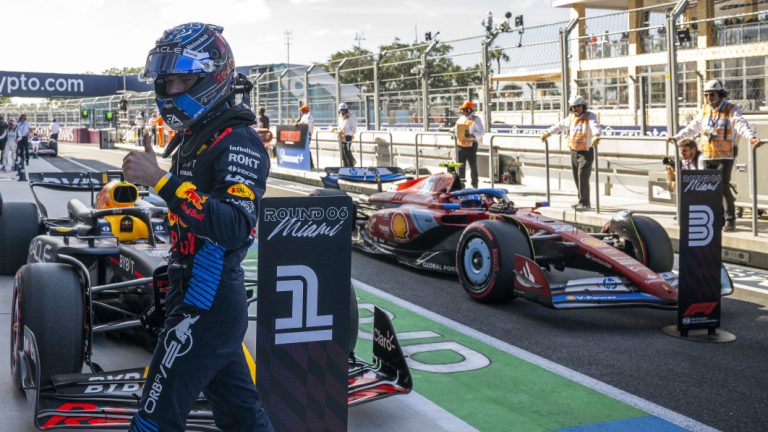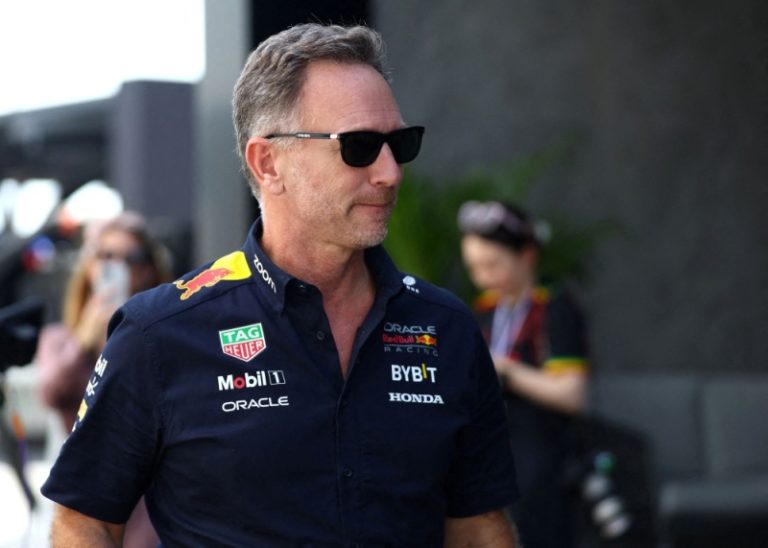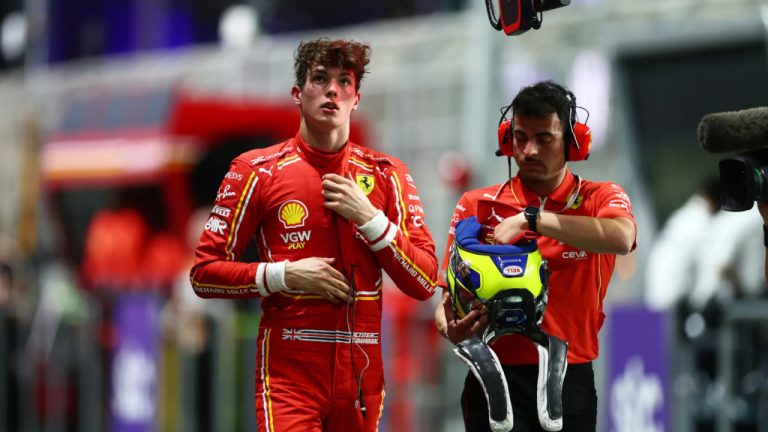Analysis: Verstappen’s Bahrain Victory Raises Questions for F1’s Future
In the ever-evolving world of Formula 1, the Bahrain Grand Prix marked the commencement of the 2024 season, yet for those not fervently supporting Max Verstappen, the race outcome echoed a familiar narrative of Red Bull’s dominance. As Verstappen clinched a commanding win alongside teammate Sergio Perez, several compelling storylines emerged from the event, shedding light on the sport’s current landscape and its potential trajectory.
Newey’s Tactical Innovation
Amidst Red Bull’s triumph, the spotlight turned to Adrian Newey’s strategic gamble, deviating from a winning formula to introduce a new design concept. Despite initial skepticism following lackluster practice sessions, Newey’s ingenuity prevailed on race day, showcasing the team’s unwavering commitment to innovation. As Verstappen effortlessly led the pack, Newey’s foresight hinted at further advancements, teasing the introduction of groundbreaking upgrades in the upcoming European leg of the season. With whispers of a “Zero Sidepod” concept, reminiscent of Mercedes’ failed endeavor, Newey’s reputation as a design virtuoso only grows, underscoring his pivotal role in Red Bull’s continued success.
Tsunoda’s Turmoil at RB
In contrast to Red Bull’s dominance, the race unveiled internal tensions within their sister team, RB, as Yuki Tsunoda’s frustrations boiled over in a display of defiance. Trapped behind Kevin Magnussen’s Haas alongside teammate Daniel Ricciardo, Tsunoda’s reluctance to adhere to team orders underscored his volatile temperament, jeopardizing the team’s cohesion. Despite an impressive qualifying performance, Tsunoda’s immaturity marred his race, raising doubts about his suitability within the Red Bull ecosystem. With the team closely scrutinizing both RB drivers, Tsunoda’s inability to prioritize team objectives may hinder his prospects for advancement, highlighting the delicate balance between individual ambition and collective success.
F1’s Identity Crisis
Beyond the spectacle of the Bahrain Grand Prix lies Formula 1’s existential quandary, grappling with the repercussions of Verstappen’s hegemony on the sport’s global appeal. While the 2021 season captivated audiences worldwide with its riveting title battle, Verstappen’s continued dominance threatens to erode viewer engagement, precipitating a decline in television ratings and audience interest. As newer fans lament the absence of competitive parity, Formula 1 faces a pivotal juncture in its quest for sustained growth and relevance. Amidst mounting pressure to restore excitement and intrigue, whispers of regulatory intervention and driver reshuffles loom large, signaling a tumultuous period of upheaval on the horizon.
Navigating Formula 1’s Future
As Formula 1 navigates an uncertain future, stakeholders grapple with the delicate balance between tradition and innovation, spectacle and sport. While Verstappen’s dominance underscores Red Bull’s technical prowess, concerns over competitive imbalance cast a shadow over the sport’s allure. As regulatory bodies contemplate interventions to level the playing field, the specter of external interference threatens to undermine the sport’s integrity. Yet, amidst the uncertainty lies an opportunity for reinvention, a chance to redefine Formula 1’s narrative and reignite global fascination. As the 2024 season unfolds, the stage is set for a battle not only on the track but for the soul of Formula 1 itself.







